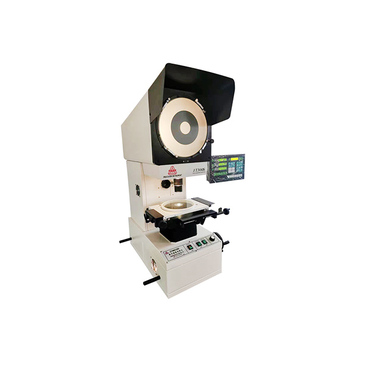Innovative Solutions for Accurate Tensile Testing Equipment and Methods
The Importance of Tensile Testers in Material Science
Tensile testers, also known as universal testing machines (UTMs), play a critical role in the field of material science and engineering. These instruments are designed to determine the tensile properties of various materials, including metals, plastics, and composites. Understanding how materials behave under tension is essential for engineers and designers to ensure the integrity and performance of structures and products.
At its core, a tensile tester measures how much force is required to pull a material until it breaks. During a tensile test, a specimen is securely clamped at both ends and subjected to a controlled pulling force that increases until the material reaches its breaking point. The data collected during this process — including stress, strain, and elongation — is crucial for evaluating a material’s strength, ductility, and elasticity.
One of the primary metrics obtained from tensile testing is tensile strength, which indicates the maximum amount of tensile stress a material can withstand before failure. This information is vital for selecting materials suitable for specific applications, as engineers must ensure that the materials used can handle expected loads without breaking or deforming.
Another critical parameter measured is elongation, which indicates how much a material can stretch before it breaks. High elongation percentages are desirable in applications where flexibility and ductility are paramount, such as in the automotive industry, where materials need to absorb energy during impact. Conversely, materials with low elongation are typically used in applications that require high stiffness and strength.
tensile testers

Tensile testers also provide insights into the elastic modulus of a material, which measures its ability to deform elastically (i.e., non-permanently) under stress. This property is particularly important in structural applications, where materials need to return to their original shape after being subjected to forces.
In addition to their use in research and development, tensile testers are essential for quality control in manufacturing processes
. By regularly testing incoming materials and finished products, companies can ensure they meet industry standards and specifications. This helps prevent product failures and enhances customer satisfaction, as well as ensuring compliance with regulatory requirements.Moreover, advancements in tensile testing technologies, including digital data acquisition and computer software analysis, have improved the accuracy and efficiency of these tests. Modern tensile testers often come equipped with features such as automatic calibration, real-time monitoring, and advanced reporting capabilities, making them indispensable tools in today’s material testing laboratories.
In conclusion, tensile testers are vital instruments in material science that provide essential data for understanding the mechanical properties of materials. Their ability to measure tensile strength, elongation, and elastic modulus allows engineers to select appropriate materials for various applications, ensuring safety, reliability, and performance in countless products and structures.
-
Why the Conductor Resistance Constant Temperature Measurement Machine Redefines Precision
NewsJun.20,2025
-
Reliable Testing Starts Here: Why the High Insulation Resistance Measuring Instrument Is a Must-Have
NewsJun.20,2025
-
Flexible Cable Flexing Test Equipment: The Precision Standard for Cable Durability and Performance Testing
NewsJun.20,2025
-
Digital Measurement Projector: Precision Visualization for Modern Manufacturing
NewsJun.20,2025
-
Computer Control Electronic Tensile Tester: Precision and Power for the Modern Metal Industry
NewsJun.20,2025
-
Cable Spark Tester: Your Ultimate Insulation Assurance for Wire and Cable Testing
NewsJun.20,2025
 Copyright © 2025 Hebei Fangyuan Instrument & Equipment Co.,Ltd. All Rights Reserved. Sitemap | Privacy Policy
Copyright © 2025 Hebei Fangyuan Instrument & Equipment Co.,Ltd. All Rights Reserved. Sitemap | Privacy Policy
